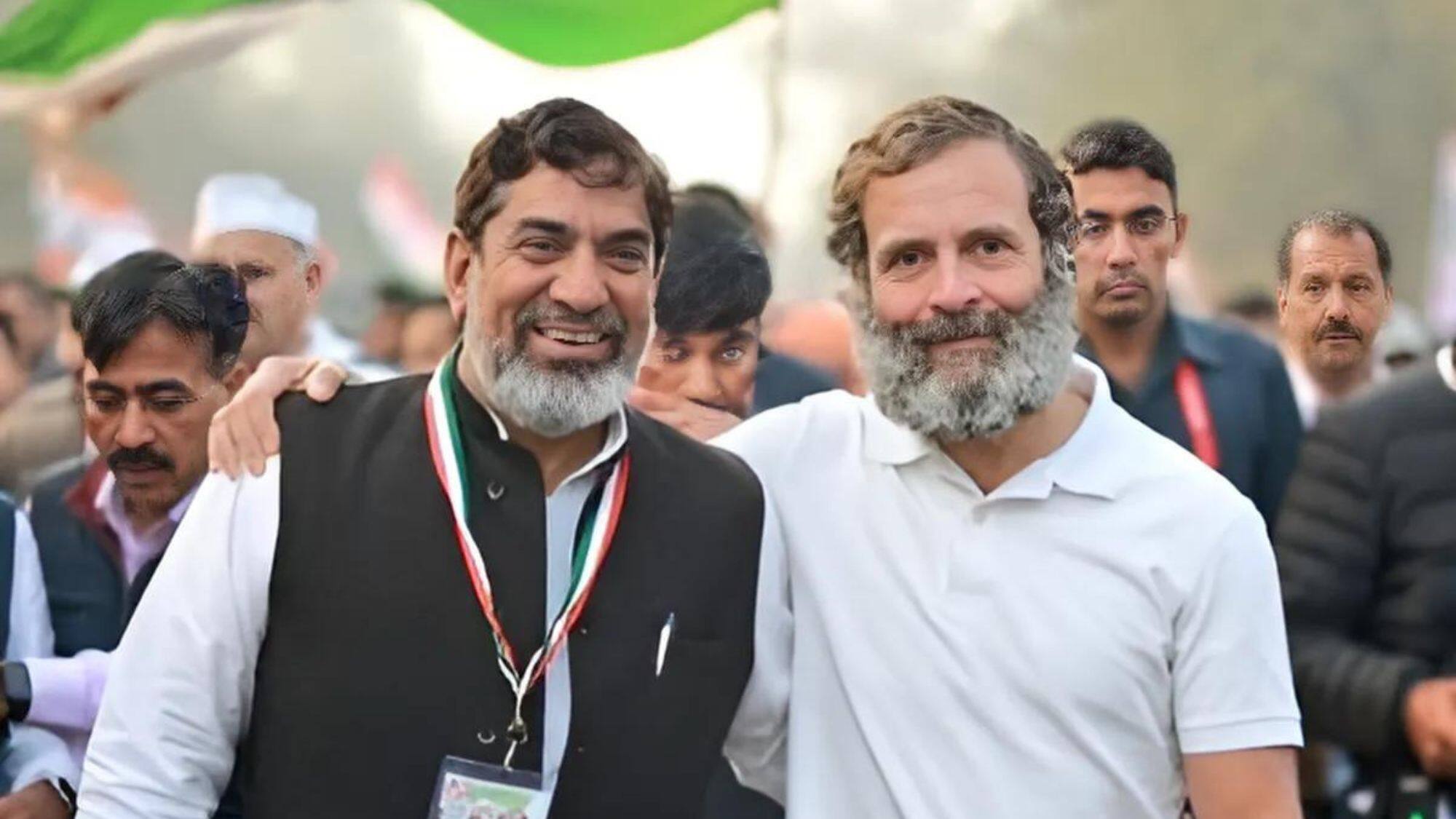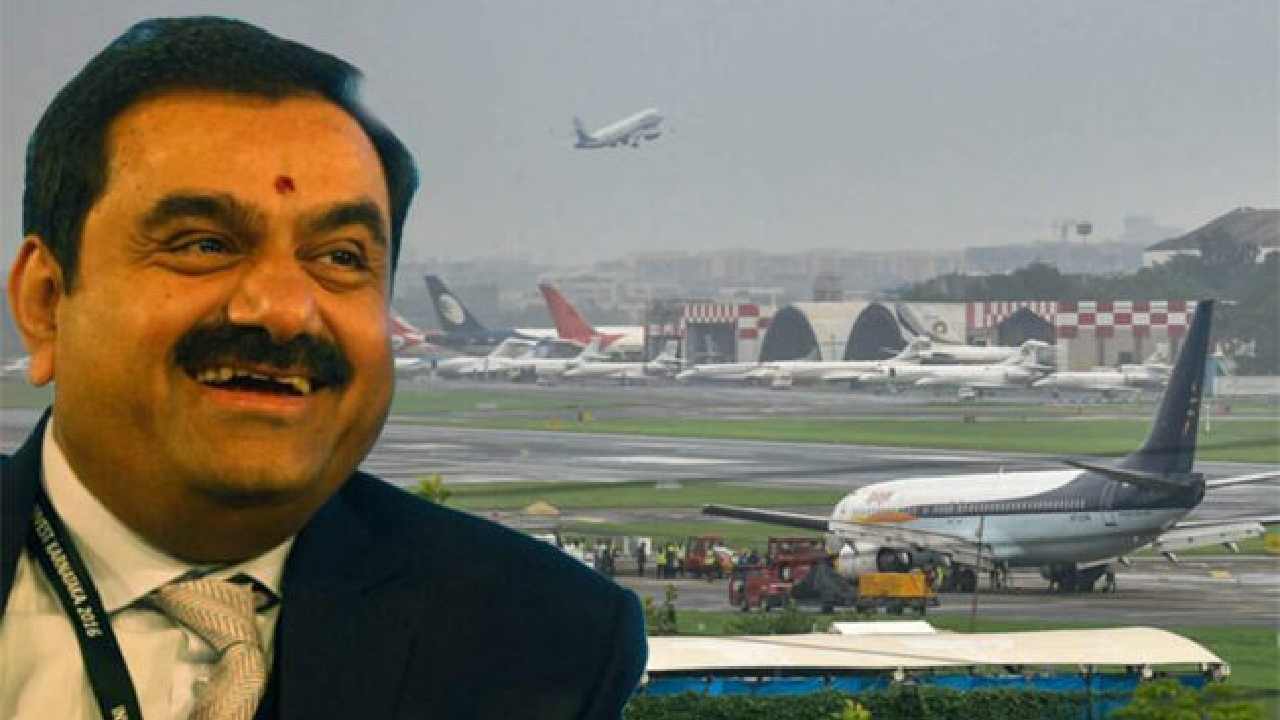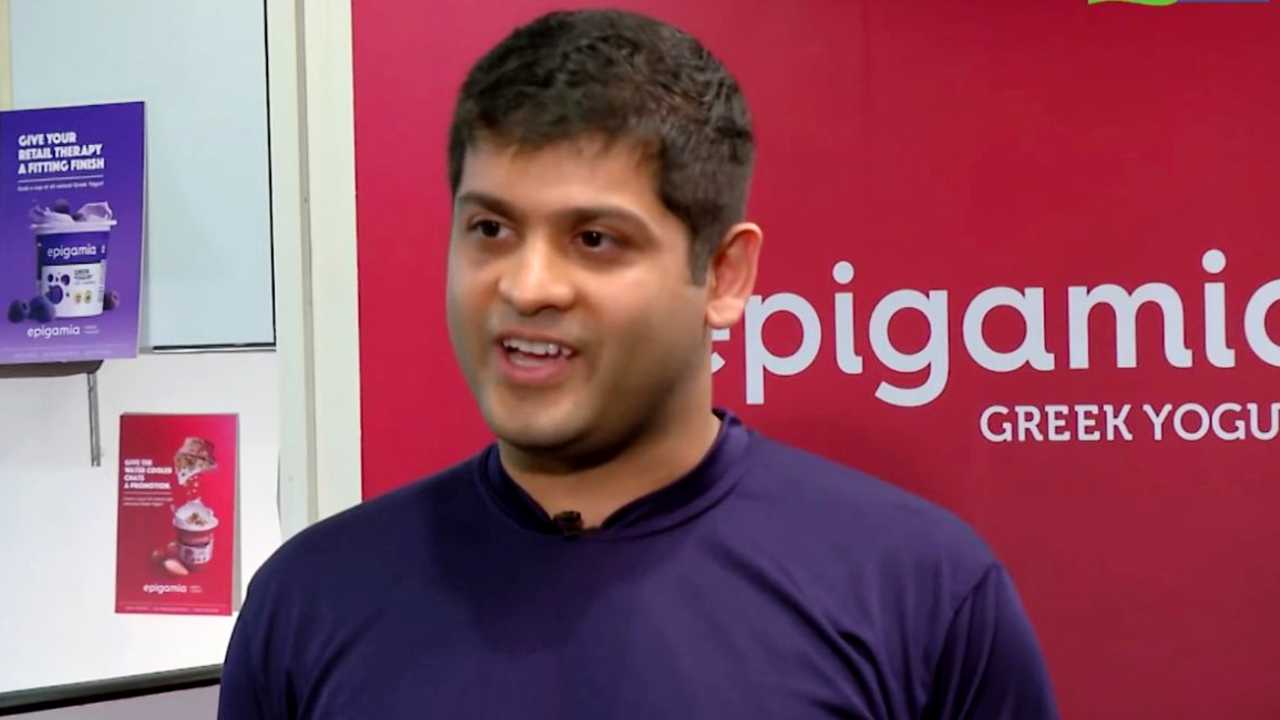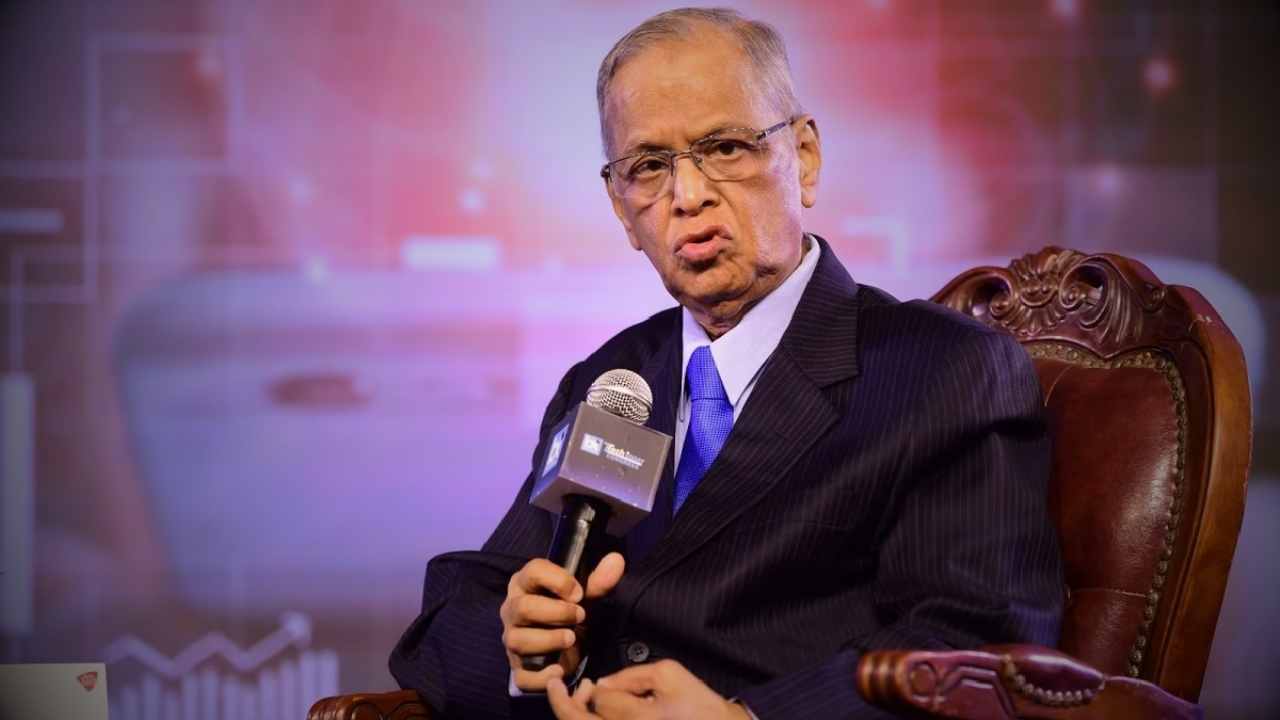The political landscape in Haryana is heating up as the October elections approach, with Aftab Ahmed, the current Congress MLA from the Nuh Assembly constituency, making significant promises aimed at addressing pressing issues in the region. Key among these is Ahmed’s commitment to introduce legislation against mob lynching under the pretext of cow protection, along with advocating for a judicial investigation into last year’s communal violence that shook the district.
As the Deputy Leader of the Opposition in the outgoing Haryana Assembly, Ahmed has voiced his concerns regarding the rising incidents of communal unrest, attributing them to what he calls “propaganda by anti-social elements disguised as cow protectors,” which have cultivated an environment of fear and tension within the community. He claims to have alerted local authorities to these issues but asserts that their inaction led to tragic outcomes, including loss of life and significant communal mistrust.
Government’s Inaction on Violence
In a recent interview with the news agency PTI, Ahmed stated that the communal violence in Nuh was exacerbated by the negligence of the state government: “While the Chief Minister was occupied with meetings elsewhere, only a meager police presence was deployed despite clear signs of brewing conflict. We demand a thorough judicial inquiry into these failures.”
The violent incidents originated from an effort to halt a procession organized by the Vishwa Hindu Parishad (VHP), which ultimately spread to neighboring Gurugram, resulting in the tragic deaths of six individuals, including two home guards and a cleric. The aftermath saw rigorous legal actions, including charges under the Unlawful Activities (Prevention) Act (UAPA) levied against Congress MLA Mamman Khan, further fueling the controversy.
Ahmed emphasized the severity of the situation following the violence, pointing out that homes belonging to innocent individuals, unrelated to the clashes, were demolished indiscriminately. “The devastation was not only about lives lost; it shattered the faith of our people,” he lamented.
Community’s Struggle and Resilience
Despite the turmoil, Ahmed noted that the community demonstrated resilience, stating, “The day after the violence, there were no further incidents, as people unitedly recognized the need for coexistence.” He asserted that Congress will champion a law to safeguard against mob lynching, particularly those incidents justified in the name of cow protection.
Electoral Landscape in Nuh
Aftab Ahmed, at 58 years old, is facing off against BJP’s Sanjay Singh, the sitting MLA from Sohna, along with Tahir Hussain from the Indian National Lok Dal (INLD). Hussain is notably the son of Zakir Hussain, a former three-time MLA and chairman of the Haryana Waqf Board, who has recently entered the INLD fold. Historically, Nuh has been a bastion of support for Congress and the INLD, with the BJP yet to secure a win in this constituency.
The district, which was carved out from parts of Gurgaon and Faridabad in 2005, encompasses three assembly constituencies: Nuh, Firozpur Jhirka, and Punhana, with a majority Muslim population. The BJP has notably refrained from fielding Muslim candidates in Nuh, reflecting the complexities of the region’s political affiliations.
Serious Concerns Against BJP
Ahmed leveled serious accusations against the BJP, claiming that under the guise of cow protection, anti-social elements have disrupted peace in the district, “They act as if they are above the law, and it appears the BJP is enabling these actions.” He urged voters to prioritize developmental issues alongside election rhetoric surrounding cow protection. “Despite being labeled an aspirational district, budget allocations have failed to materialize into tangible improvements,” he criticized.
Residents of Nuh, identified as economically and educationally disadvantaged, are increasingly vocal about their demands for enhanced infrastructure, educational institutions, and better healthcare facilities. Chronic water shortages, poor infrastructure, and high unemployment rates remain significant challenges for the electorate as they head into the upcoming assembly elections.
As Haryana gears up for its assembly elections on October 5th, with results slated for October 8th, the political atmosphere is charged with the potential for both change and continuity in leadership.












